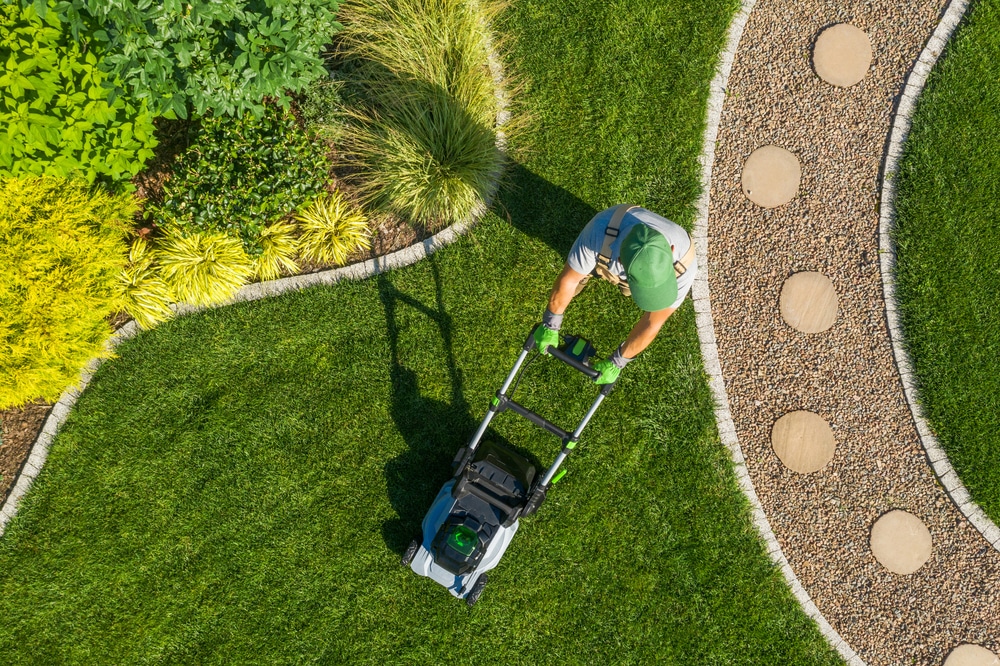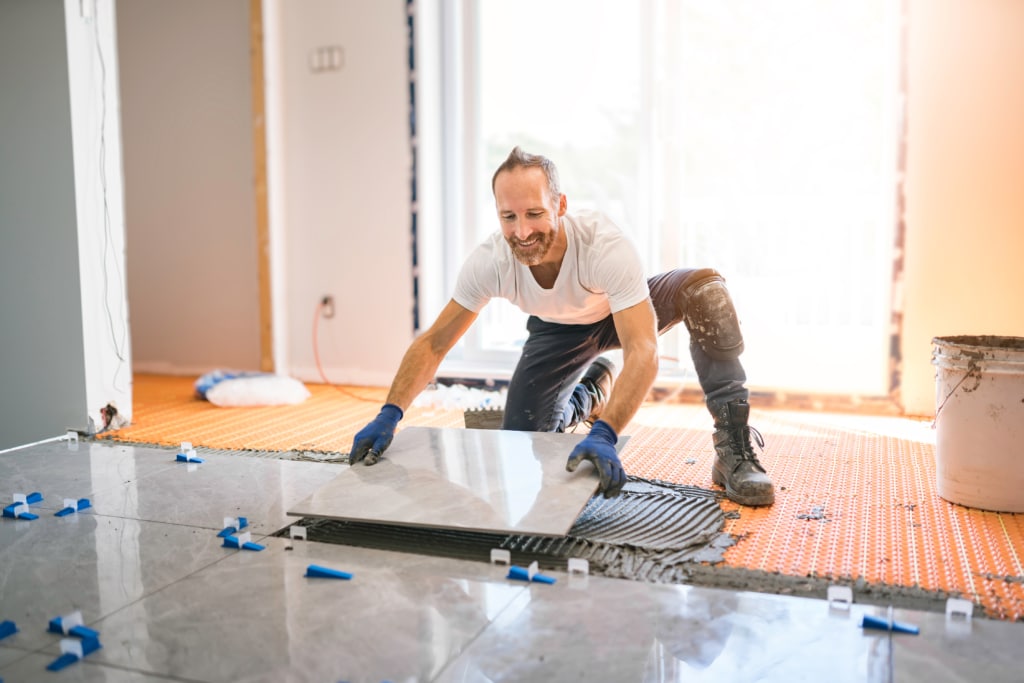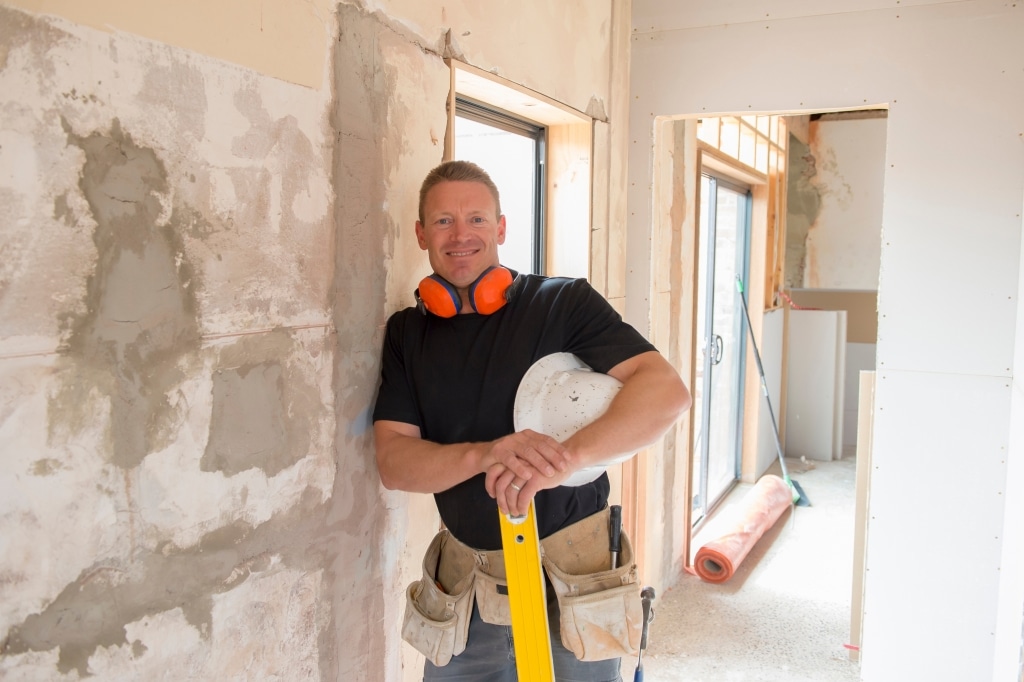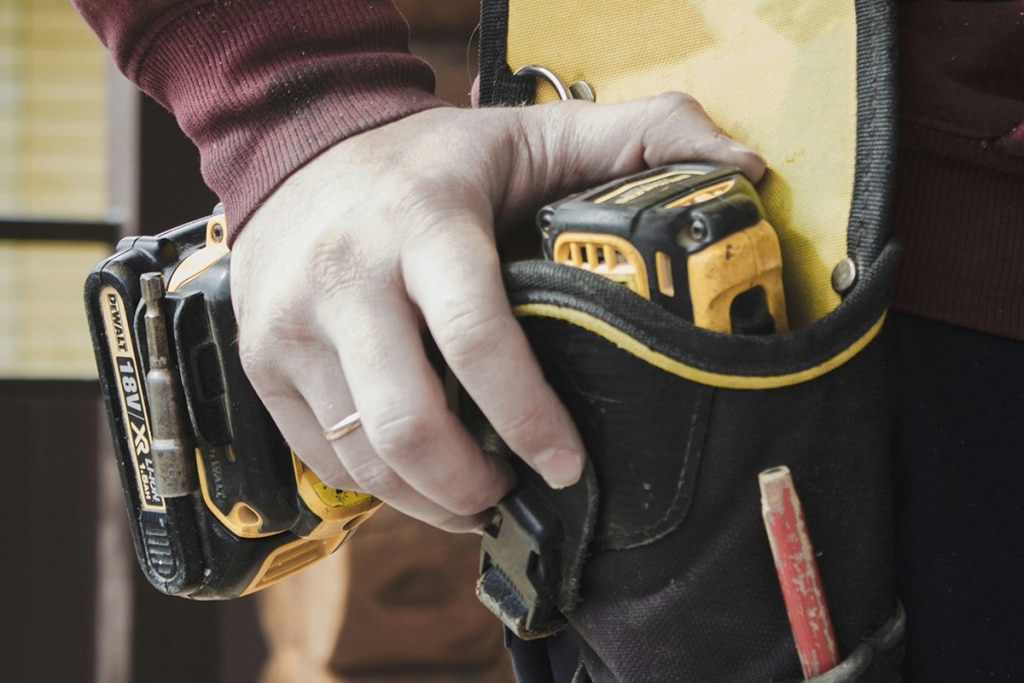

“Every job’s a risk when you're on the tools. One wrong move, one missing policy—suddenly, it’s your livelihood on the line. This guide breaks it down so you can focus on the work, knowing you’re properly covered.”
Getting hurt on a job site doesn’t just ruin your week; it can cost you big time. The average on-site injury sets tradies back over $9,000, and that’s before you count time off work. Having the right insurance isn’t just about ticking a box, it’s about protecting your income so you can keep cash flowing, pay your crew, upgrade your gear and even give back to the causes you care about.
In this guide, we break it all down in plain English, what you absolutely need, what’s nice to have, and how to cover your bases without going overboard. No jargon, no pressure—just solid info to help you run your business with confidence.
Public & Product Liability is the one policy every tradie should have. It covers you if your work causes injury to someone else, damages their property or if a completed job leads to a claim down the track.
Think: Someone trips over your tools, a client’s fence gets knocked down during a job, or a kitchen you fit starts leaking a month later.
It’s not just a safety net; it’s often a legal requirement. Most builders’ licences, council permits, and commercial contracts will ask for proof of cover before you even start.
If you’re unsure, it’s always safer to go higher. Liability claims can be expensive, and this cover protects you from footing the bill if something goes wrong.
Your tools aren’t just tools – they’re how you make a living. The average plumber’s kit is worth around $8,000, and that’s just what’s in the ute. Tool theft is the most common claim we see, and accidental damage or loss isn’t far behind.
This type of insurance coverage looks after your gear wherever you are – on site, in the van or at home. It’s valid across Australia and can even include things like lasers or laptops if you use them for work.
To make claiming your tool insurance easier if something goes wrong, it’s a good idea to engrave your tools, take a few photos, and hang them on your receipts. Even keeping a simple list of what you own can go a long way. A little effort now can save you a big headache down the track.
From the ute you drive to the trailer you tow and the gear you haul—keeping it all covered makes sense.
Whether you own it, lease it or hire it, the right cover helps keep your business running—even if something breaks down along the way.
If you’re a sole trader or subbie, workers’ compensation often doesn’t cover you. It depends on where you live—some states, like QLD, run it through the government under WorkCover Queensland, but unless you’re classed as a worker, you’re likely not eligible.
That’s where personal injury and income protection insurance come in. It can pay you a weekly benefit if you’re injured or sick and can’t work, or offer a lump sum payout for serious injuries.
Think about everything your income goes towards: mortgage repayments, medical expenses, school fees, groceries and more. This kind of cover helps you keep the lights on and protect the future you’re building, even if you’re off the tools for a while.
It’s not about worst-case scenarios. It’s about backing yourself, your business and your family—no matter what happens.
Some policies aren’t mandatory, but they’re worth a serious look, especially if your job is growing or your work is getting more complex. Other recommended business insurance policies for tradies include:
Professional Indemnity: This covers claims if you’re responsible for design, plans, or advice that causes a client financial loss or issue during the build.
Sorting out tradies’ insurance doesn’t have to be complicated. At Tradesure, you’ll chat with a real insurance broker who actually understands what you do and why it matters.
We’ll walk you through your options, answer your questions without the jargon and help you choose cover that makes sense for your work. You can even set up monthly payments to keep things easy on the cash flow. No drama, just expert advice from people who get it.
Having the right coverage means you can keep working, earning, and planning ahead with confidence. It’s about making sure the things you rely on every day, like your gear, vehicle and finances, are protected if something goes wrong.
Need a hand? Give our team a call at our Brisbane or Sunshine Coast offices, or send an enquiry online. We’re here to help with friendly advice and cover that fits the way you work.
If this guide helped clear things up, share it with your mates. It’s a simple way to help the whole crew stay safe, keep the cash flowing and back each other for the long haul.

Tradie News and Information
Starting A Landscaping Business? Here Is What You Need To Know
10 November 2025 If you’re wondering how to start a landscaping business in 2025 and beyond, you’ve come to the right place. From mowing and garden maintenance to structural projects like decks and retaining walls, every landscaping business starts with a clear plan. We’re breaking down the essentials and sharing practical tips to help you […]

Tools Insurance
What insurance does a Tiler need?
Insurance is here to support you when the unexpected happens. Instead of worrying about how you’ll pay for repairs, replacements, or delays, you’ve got cover to help carry the load. It’s not only about getting through hard times. It’s about backing your tiling business so it can continue to grow in the years ahead.

Tools Insurance
What insurance does a carpenter need?
Carpentry is hands-on, physical work that comes with its fair share of risks. From power tools on site to the projects you leave behind, there's plenty that can go wrong, and when it does, it can cost you more than just a few days off the tools. The right insurance helps carpenters protect their income, cover their gear, and keep jobs moving without unexpected financial stress.

Sole Traders
How much is Tradies insurance, and how is it decided?
In this guide, we’ll explain how an insurance company calculates your premium, what factors can push the price up or down, and how to keep your trades insurance costs manageable as your business grows.